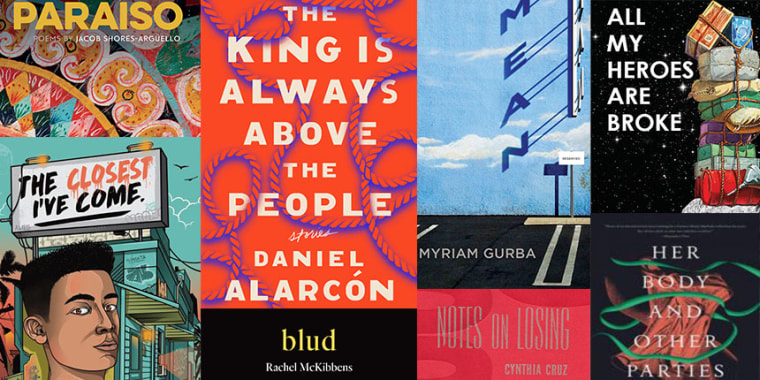The end of another publishing year means it’s time to take a look back at some notable titles readers won't want to miss. The following eight books by Latino writers include adult and young adult fiction, poetry books and a fascinating memoir. I highly recommend you add these books to your other holiday book-buying and reading lists.
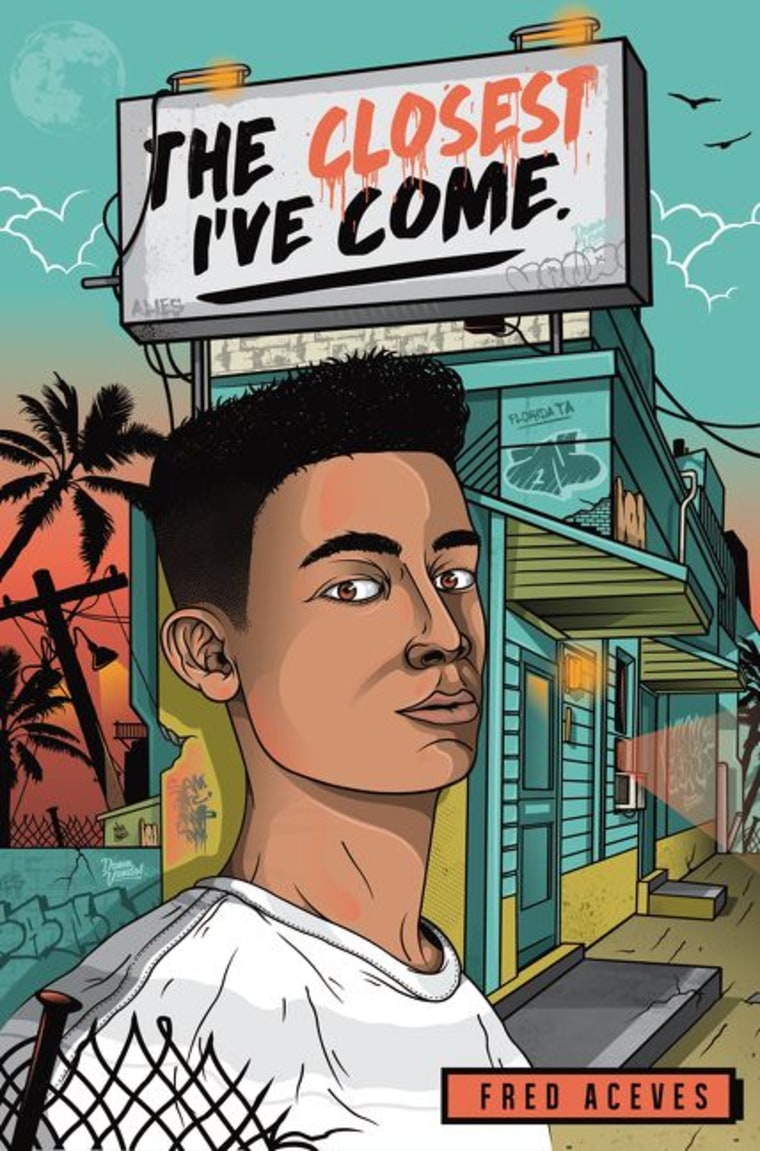
1. Fred Aceves, The Closest I’ve Come (HarperCollins).
The troubled teenage life of a young man growing up in a working class Florida neighborhood is heartbreakingly rendered in this debut YA novel by Fred Aceves. Marcos Rivas is a soft soul hiding inside a tough guy role, which he needs to play in order to navigate the violence at home and on the streets. With an abusive father figure and an emotionally absent mother, Marcos builds an alternative family with fellow outsiders who eventually teach him to feel cared for and, more pressingly, to care about himself.
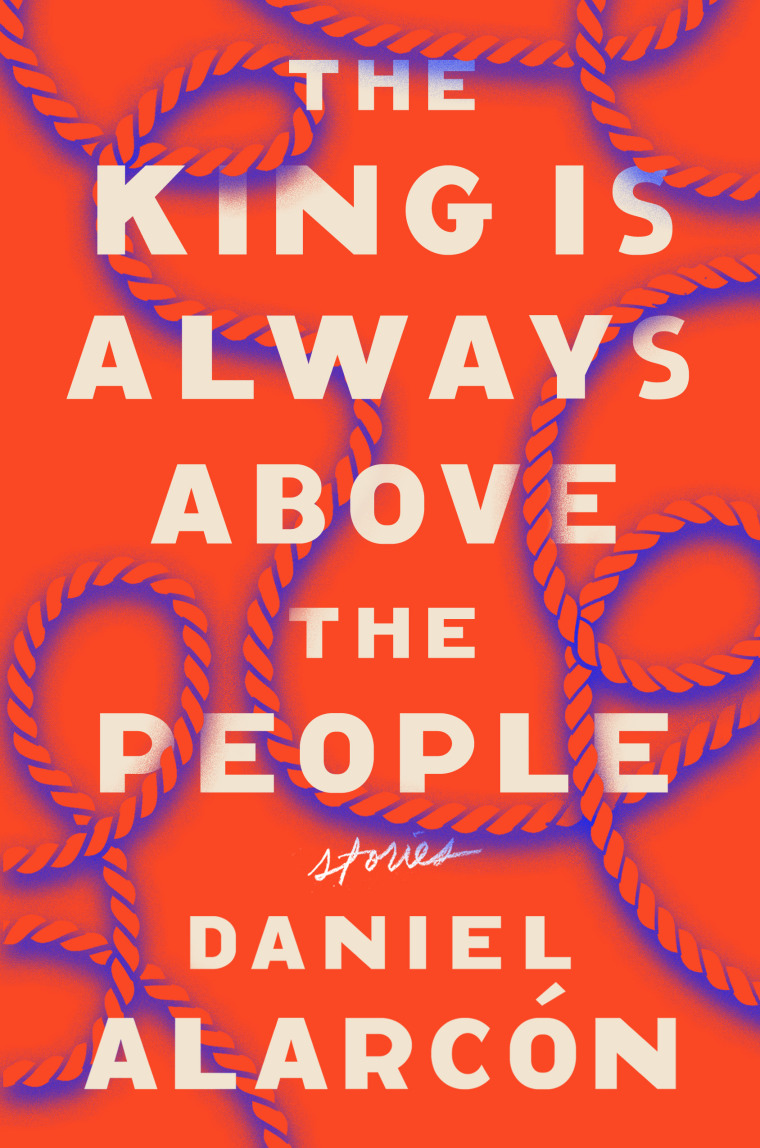
2. Daniel Alarcón, The King is Always Above the People (Riverhead Books).
Peruvian American author and award-winning podcast host Daniel Alarcón gathers 10 new stories about wanderers and searchers into one book, his second story collection since his stunning 2005 debut War By Candlelight:Stories. The title refers not only to a position of high standing and privilege, but also to a hanging—a swift reversal of fortune that mirrors the surprising twists and unexpected directions in a number of the stories. A standout is “The Auroras,” about a man who derails his emotional and financial health by succumbing to the whims of an illicit affair.
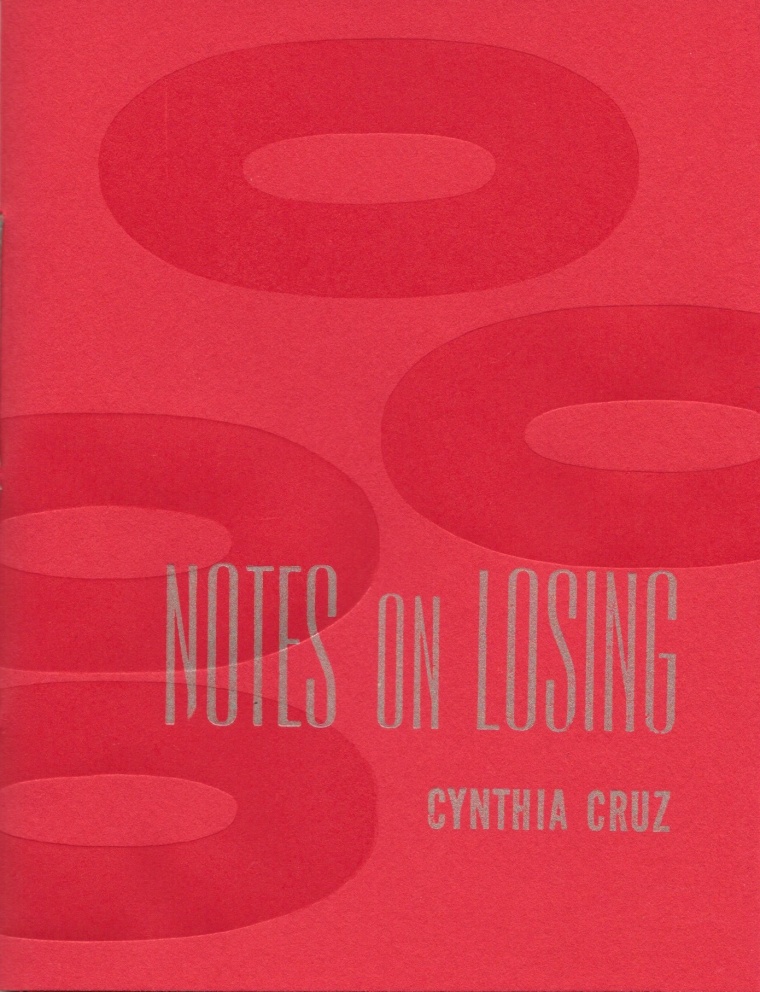
3. Cynthia Cruz, Notes on Losing (Artifact Press).
The speaker in Cynthia Cruz’s latest collection of poems is a poet and an artist, a photographer, to be exact, seeking answers to the difficult questions about identity and femininity. She explores the angst of agency in self-portraiture and its unsettling struggle for power in the act of making the private public: “I still exist. I am here / even when you do not see me. / I am here because I say that I am.” This arresting chapbook is a taste of what’s to come in 2018: Dregs, Cruz’s fifth book of poems.
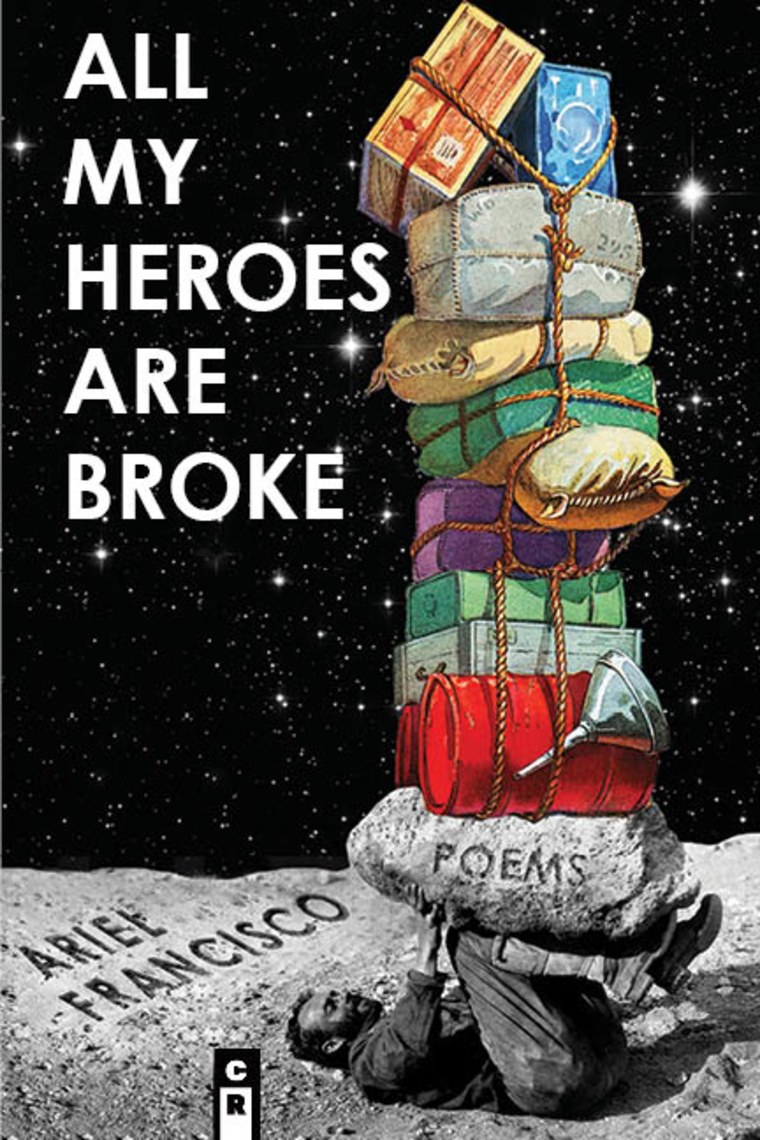
4. Ariel Francisco, All My Heroes Are Broke (C & R Press).
Born in the Bronx to Dominican and Guatemalan parents and raised in Miami, Ariel Francisco takes his multi-cultural journey to the page, where his speaker, an ardent poetry reader, chronicles his wondrous interior and exterior landscapes. At their best, the poems become windows filtered through a specific poetic influence, like this moment observed while reading the late acclaimed Spanish poet and author, Federico García Lorca: “I see a man / in a black trenchcoat trying to hail / a cab, snowflakes settling into his / slicked black hair like nesting sparrows / seeking safety, the sky crying its apologies.”
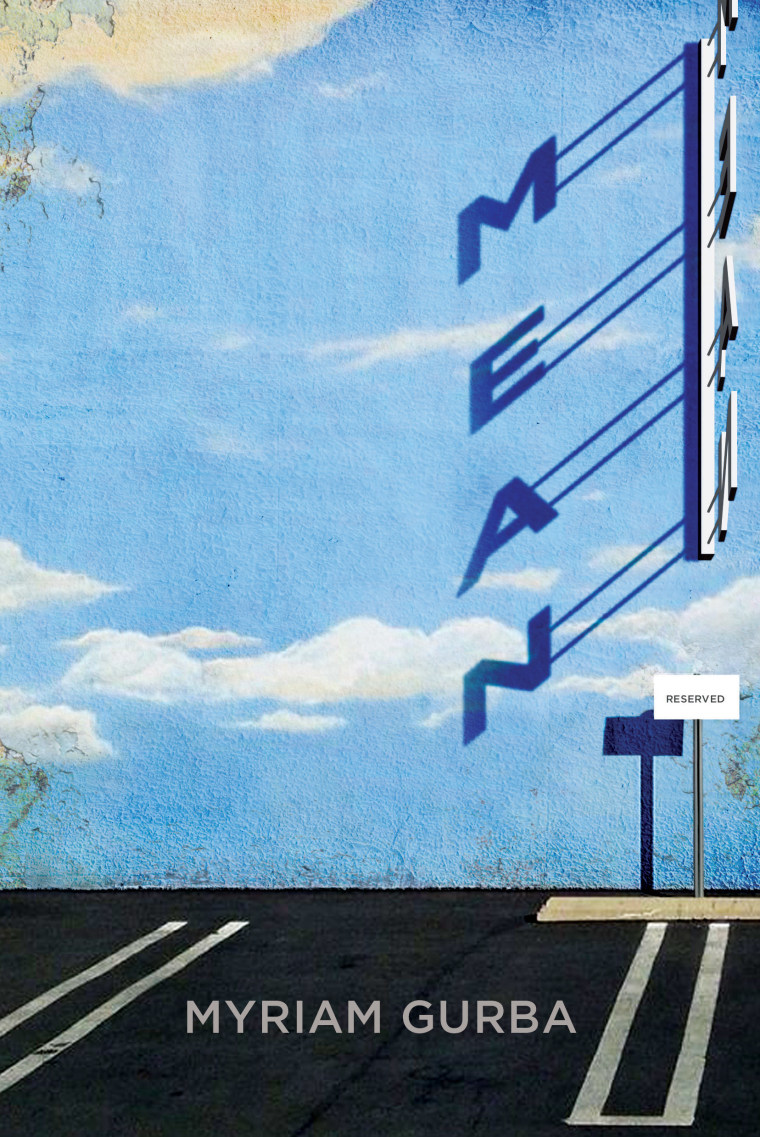
5. Myriam Gurba, Mean (Coffee House Press).
This coming of age memoir is poet and fiction writer Myriam Gurba’s nonfiction debut. She recounts with her trademark dark humor, what it’s like to be born a “Molack” (a Mexican Polack, a derogatory term for Polish) who becomes a queer Chicana. Her politicized consciousness comes not only through her college education, but also through the stories of the women who don’t survive the violence that women of color encounter on journeys similar to hers. This is a startling and edgy book from start to finish.
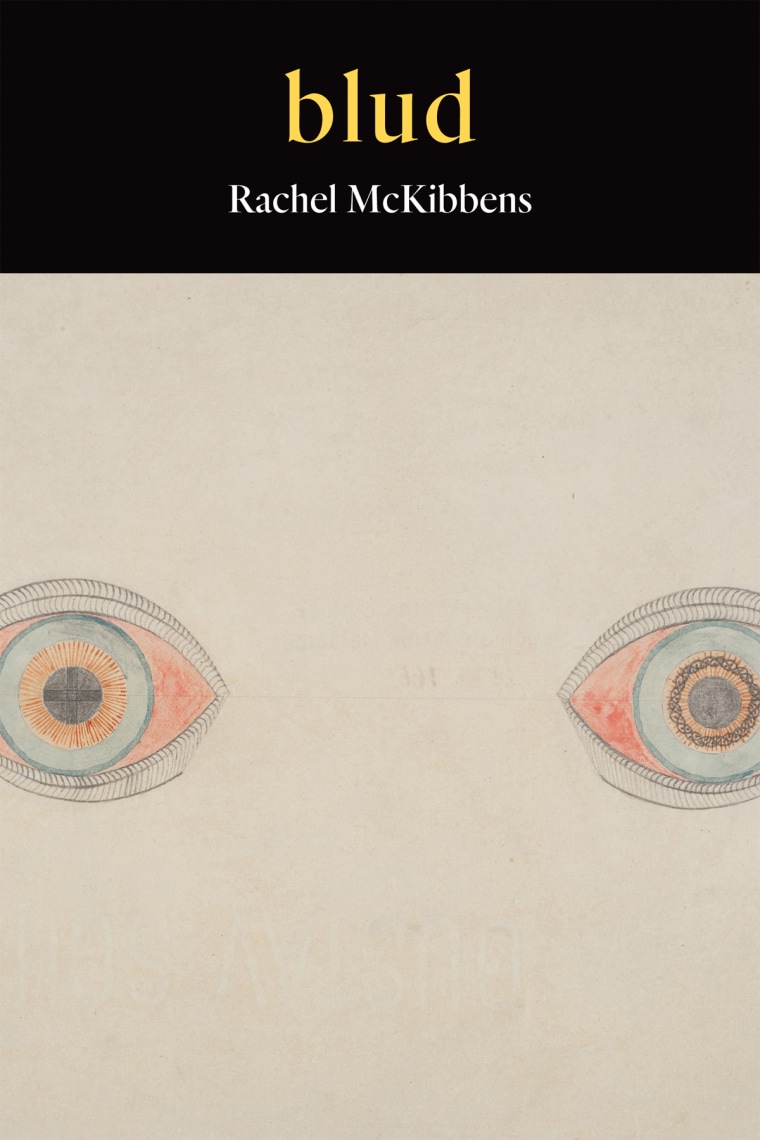
6. Rachel McKibbens, blud (Copper Canyon Press).
Rachel McKibbens’ poetry is always raw and daring, unafraid to shed light on such sensitive conversations as the struggle with mental illness and abusive relationships: “It’s okay to hang upside down / like a bat, to swim / into the deep end of silence, / to swallow every key / so you can’t get out.” Her verse is empowering, refreshingly stripped of shame and imbued with hard-won clarity: “I have learned to need the body / I spent years trying to rid the world of.”
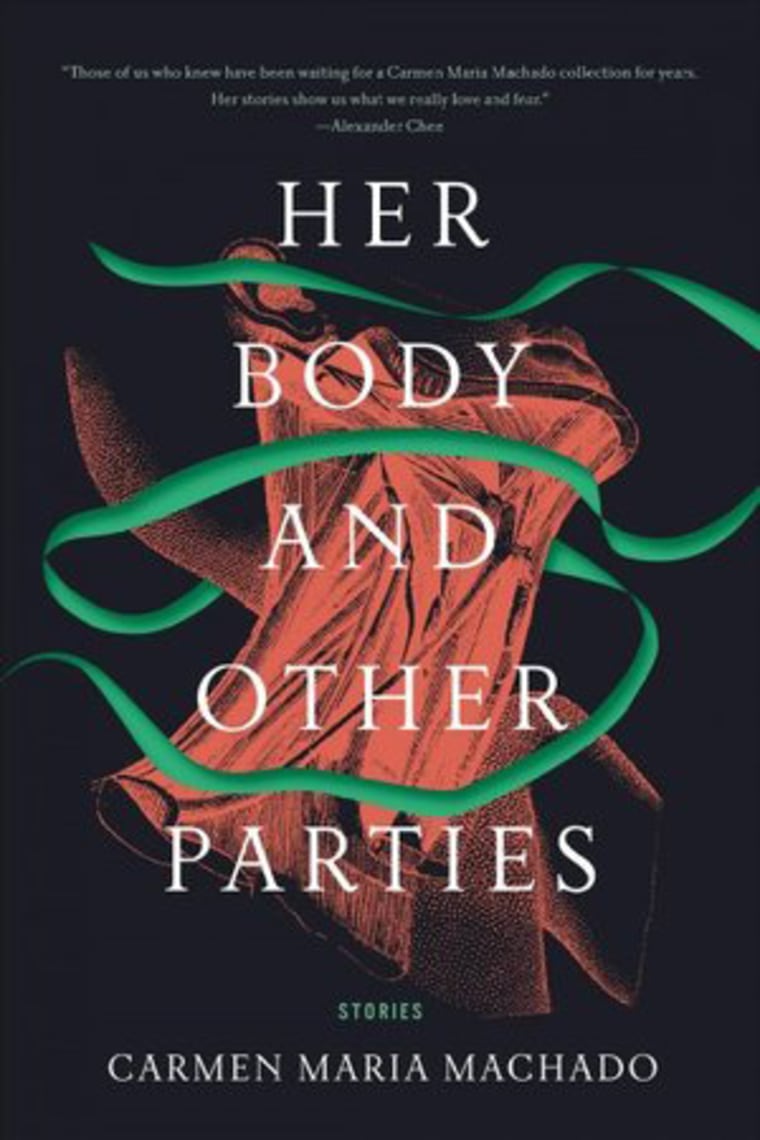
7. Carmen María Machado, Her Body and Other Parties (Graywolf Press).
This year’s literary sensation and a National Book Award finalist in the Fiction category, Carmen María Machado’s debut collection received much praise for its exquisite genre-bending stories. Defying easy categorization and, at times, conventional narration, Machado explores the complexities of womanhood— the critiques and questions that unfold within magical realism, science fiction and other landscapes that fit the strangeness of the feminine experience. In “The Resident,” for example, about a writer on an isolated retreat, a startling possibility besieges her: “Don’t you worry that you’re the madwoman in the attic?
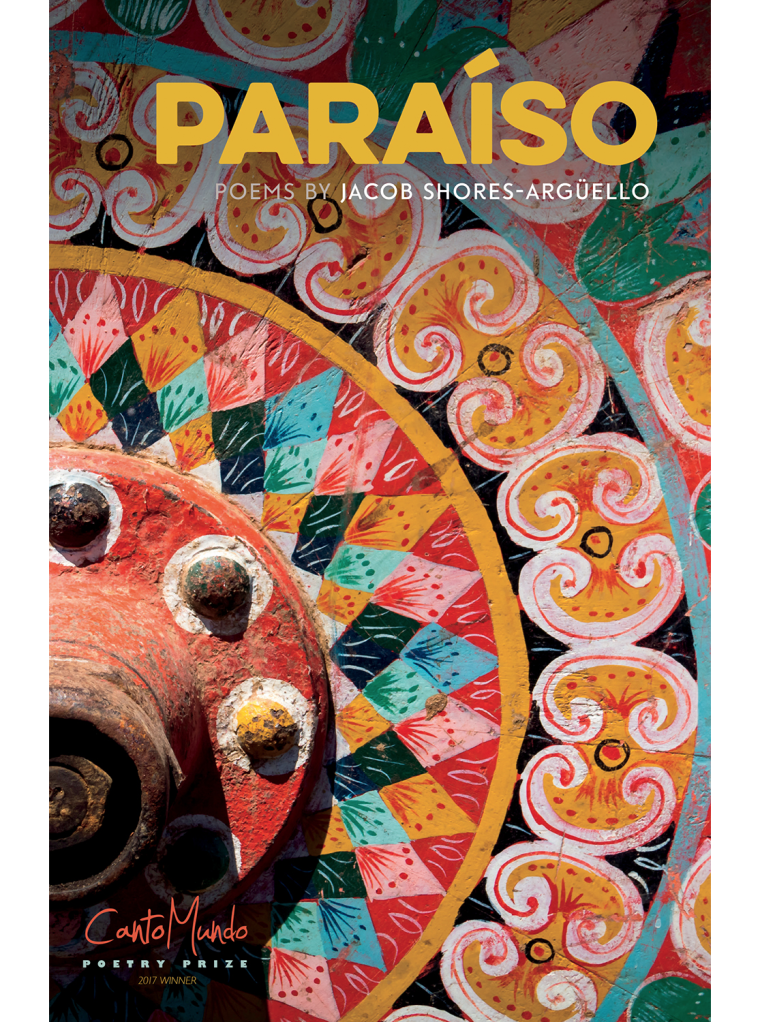
8. Jacob Shores-Argüello, Paraíso (University of Arkansas Press).
Winner of the inaugural Canto Mundo Poetry Prize, Paraíso is Costa Rican American poet Jacob Shores-Argüello’s startling second collection. Feeling unmoored after the death of his mother, the speaker sets out to reconnect with his ancestry, sense of home, and to reconstruct the landscapes shattered by his grief: “Come to my house tomorrow / and we’ll drink beer poisoned by lime, // we’ll lure a moth with our flashlights / and not be ashamed to see death in everything.”
